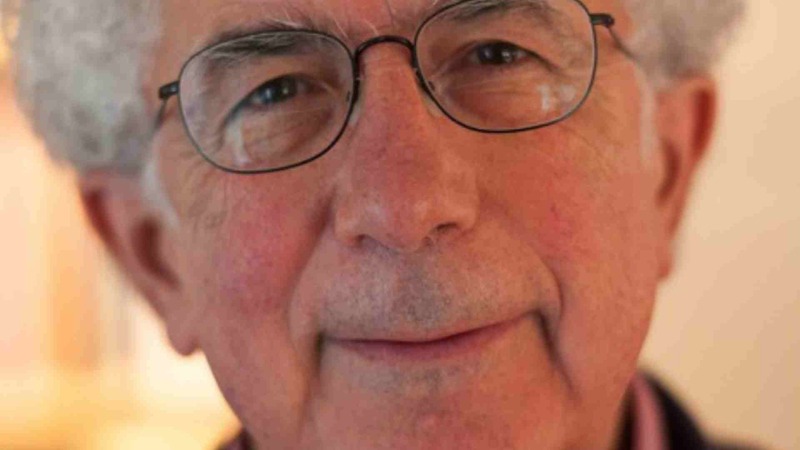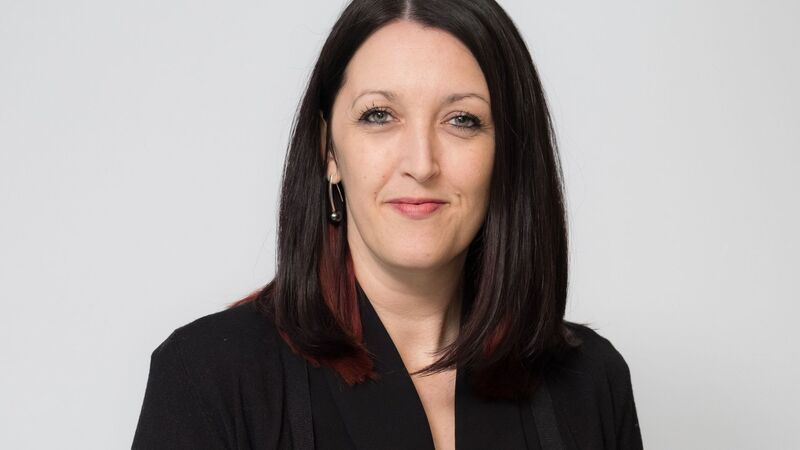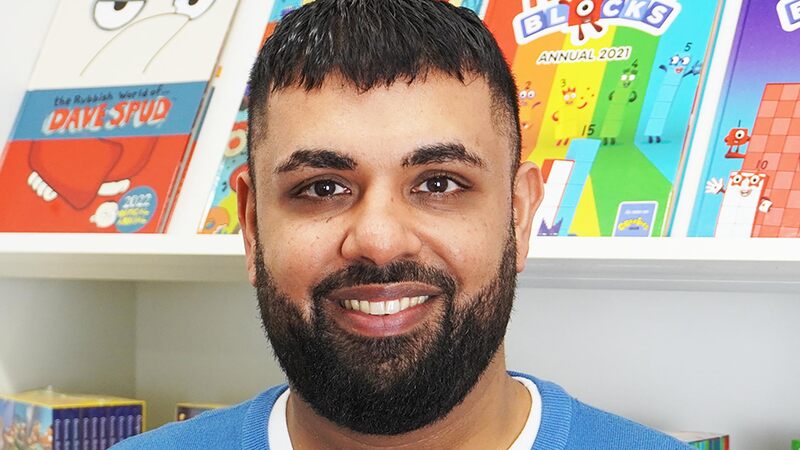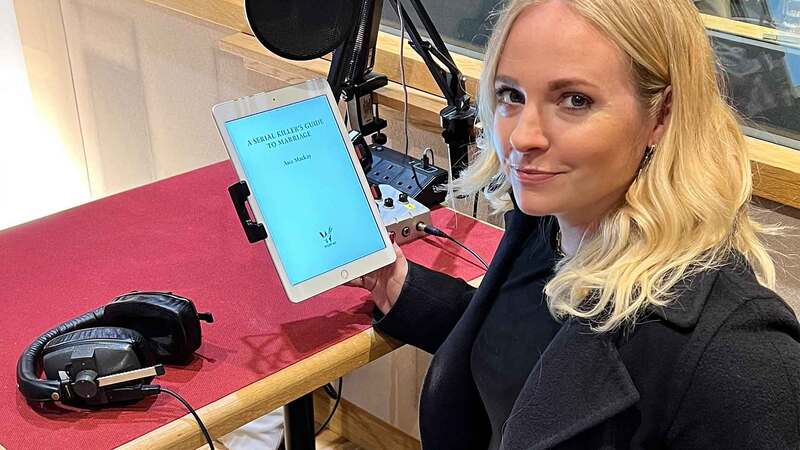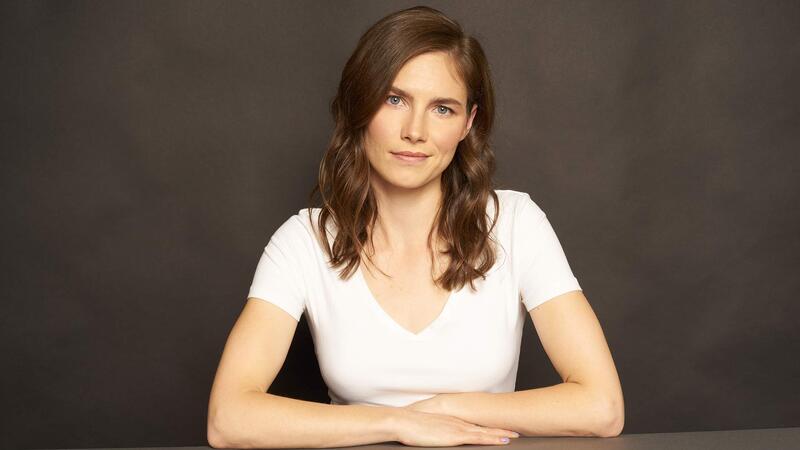You are viewing your 1 free article this month. Login to read more articles.
Dorothy Koomson: 'publishing is a hostile environment for Black authors'
Author Dorothy Koomson has written an open letter to the publishing industry, in which she describes it as a “hostile environment for Black authors”.
In the letter, shared on Twitter, and now reproduced as a blog on The Bookseller, Koomson calls out “gaslighting social media posts” from the “major players” in the trade following the recent Black Lives Matter protests, saying: “Yours is an environment that the world thinks is welcoming, liberal, ‘right on’ and intellectual, but in reality can be extremely damaging for Black authors.”
She adds that Black writers are often “seen as a monolith” and explains: “Black writers... do not want special treatment, we want a level playing field, an equality of opportunity, the chance to write books and explore as many subjects and genres as our white counterparts. We want to look around and see other Black people being as successful as us in all different genres in all branches of the publishing business. And that is not the experience for most of us.”
Koomson also touches on the various forms of gatekeeping that black writers encounter when entering the industry. She says: “We very often hear from [agents] that they can’t connect with ‘Black’ stories, they don’t understand ‘Black’ stories, the story isn’t teaching them anything. And yet, we can see with our own eyes that they very often represent white authors who are telling stories about Black people and earning millions and accolades whilst doing it.” She goes on to address publishers who she says “very often have in mind the type of ‘Black’ book they want to acquire”, characterising this as titles that showcase Black pain, are willing to constantly talk politely about race and nothing else, make white people feel comfortable, and teach white people something about the ‘Black experience’.
The author also writes about editors who “don’t ‘get’ Black voices so set about changing our words to fit the stereotypes in their heads”, who need “subtle, modern-day ‘slave’ narratives added in even if it doesn’t fit the story arc”, who “ask you to find redemption for a white antagonist so not to put people (read: white people) off”, who “want you to make characters racist because that’s obviously what’s missing from your rom-com”, and “pick apart every single word to make sure you don’t get uppity and think you might just be good at this writing stuff”.
Koomson reveals that all of these things have happened to her despite her status as an award-winning, internationally bestselling author who has been in the book industry for over 16 years and is regarded as one of the 'lucky" ones. She says she has been “very fortunate” that her agent Antony Harwood has “always been on the same page” and also praises her current editor and publishing team at Headline, as well as most of her previous editors. However, she says that she has not always had good experiences working with publishing professionals, highlighting examples of “awful” editors, a signing tour with a sales person who used racist language, and a marketing person who cut her out of conversations around promoting her book.
She also points out that she has had to do “heavy lifting in other areas of publishing”. Examples cited include being “the only Black person in the room having to explain why you can’t award a certain book an accolade because it’s racist and/or completely ignores the existence of Black people in a narrative about humanity”, and enduring micro-aggressions that everyone laughs off “because the aggressor is too powerful to go against”. In addition, Koomson says that she has been “constantly ignored and overlooked by the trade press unless I’m rolled out to be put on display so they can pat themselves on the back about how progressive they are”.
Koomson says that she resents “being made to speak out like this” but felt compelled to, explaining: “What I witnessed last week was truly horrendous; it was so outrageous that the publishing industry, which exacts a huge toll on a Black person entering their world, would pretend otherwise.” She also questions what the result of “the ill-thought-out rush to find and support Black voices” will be, suggesting it could lead to existing black writers being forgotten and/or new black authors “being made to feel as if there is some doubt about how they got there”.
The letter ends with a call to: “Do better, publishing people. Do better, be better, treat us better. Talk to us, listen to us, stop going out there with words of support and look inside with your actions to improve the environment for Black authors. Just do better. And enough public posturing, all right? Enough.”
Several writers and publishing staffers have replied to the letter, expressing solidarity with Koomson and thanking her for sharing her experiences, with author Yvette Edwards writing: "Thanks, Dorothy. I’m so sick of performing on ‘diversity panels’ instead of discussing my work, of occupying seats that should be filled by those in the publishing industry responsible for the present inequalities and have actual power to affect change. Kudos and solidarity." Edwards is one of a number of authors whose names are listed at the bottom of the letter in support of its message. The others are: Nii Ayikwei Parkes, Alexandra Sheppard, Courttia Newland, Frances Williams, Talisha "Tee Cee" Johnson, Melissa Cummings-Quarry, Natalie Carter, Alex Wheatle, Dapo Adeola and Irenosen Iseghohi-Okojie.
Koomson is the author of several novels which together have sold over two million copies earning £9.6m through Nielsen BookScan, most recently Tell Me Your Secret (Headline). Her first book, The Cupid Effect, was published by Sphere in 2003 and she has also been published by Quercus and Century. She moved to Hachette division Headline in 2018.
A spokesperson for Headline said: “We are proud to publish Dorothy Koomson and we stand with her against racism or discrimination of any kind. As a publisher, we strive to amplify diverse authors’ voices and we created ‘Changing the Story’ to foster and celebrate inclusivity at all levels of our company. But we recognise that there is still a huge amount to do at Hachette, and in the wider publishing industry, before we can call ourselves truly representative.”
The open letter follows the publishing industry's responses to widespread Black Lives Matter protests sparked by the killing of George Floyd by police in Minneapolis.





